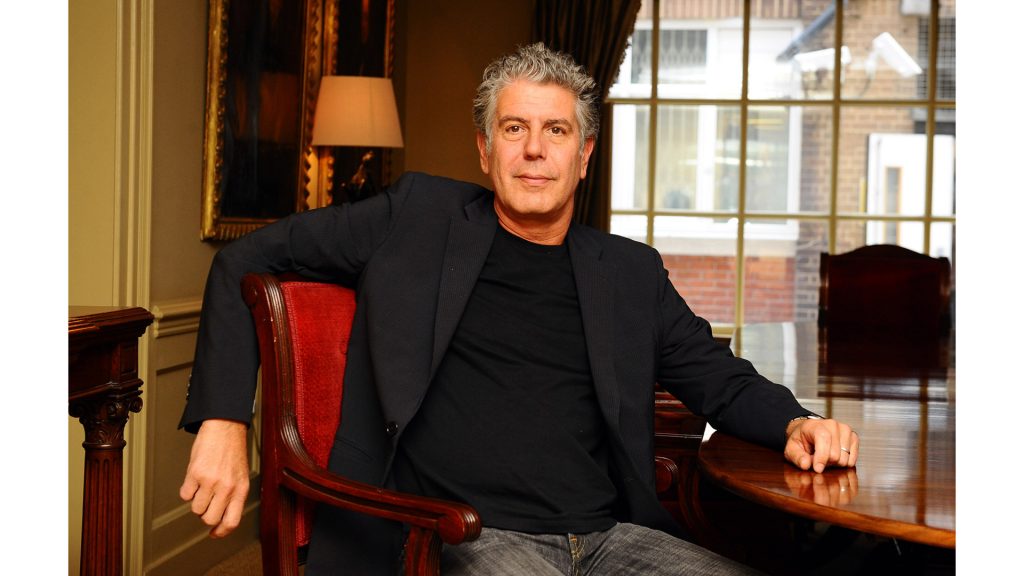Glenn “Sonnie” Wooden Jr.
I have always had a love/hate relationship with Anthony Bourdain. His “Parts Unknown” was and is one of my favorite shows. For me when I watched, I felt less alone. Even with that in mind, I knew, and I believe Bourdain knew, too, that his presence was a privilege. He constantly reminded me of what the world was: white, patriarchal, and to an extent, Americanized.
Bourdain’s access was unparalleled when it came to the world. He was able to go from South Carolina to Borneo, Tanzania to Montana, and wherever else he desired. Bourdain’s show proves that there are positives in a global village being interconnected, but the connections built into his show are propped up on whiteness and patriarchy.
His white-male privilege glimmered in his television show. Bourdain was the guy who redefined cooking as a masculine practice. I am grateful for the latter. Yet, it is difficult for me to watch him go place to place. I watched the native people welcome him with open arms as some kind of white savior. His show made it seem as if a white person with a camera must be doing something important and therefore is perceived as safe. Bourdain and his crew came with their cameras in search of the authentic cultural experience, and many times they ended up finding it. But we must remember this was largely thanks to the native people, not Bourdain alone. If the natives are forgotten, this documentation can quickly turn into exploitation and infiltration — the beginning of colonization. Culture seems to be an accessory for those who lack it.
“Parts Unknown” has a very a Western (American) anthropological view of the world. We get to watch a white man sail from continent to continent, eating, drinking, and enjoying other cultures and making them palatable mainly for Americans. I have no qualm with Bourdain; I actually like him a lot. I do have a problem with his whiteness in the context of his show, but I am fascinated by it as well. It was through whiteness he was able to do everything he did. His pink, fleshy body and English-speaking tongue allowed him access, access I know I would not be given because I am a black individual. And I know that anti-black sentiments run rampant in nearly every part of the world. I am inherently a threat, simply by existing.
This is the same whiteness that allows most Americans to sit and just enjoy this show. It is also the same whiteness that allows some white woman from Iowa to fly to Africa and take pictures with black children, to later post as her profile picture and profess her undying love for the people there. While never batting an eye and realizing that she can move effortlessly through life whimsically on some capacity.
I write this article not to bash Bourdain but to bring his whiteness to the forefront. He has been presented to America as an articulate, aware, and gritty individual. Yet his fans always miss the most important thing he did right as a person: He listened. Yes, the traveling is fun to watch. The food looks incredibly delicious. Bourdain is what America needs more of. He was an individual who visibly and genuinely cared for his fellow humans. He could sit down and have a meal with just about anyone. Most importantly, unlike most Americans, he is aware of his privilege and at least admits it.










